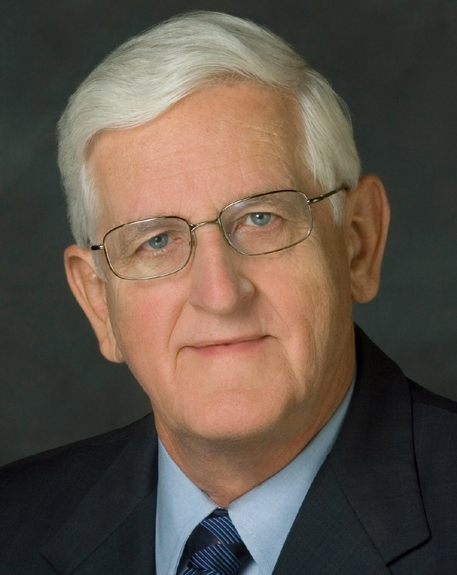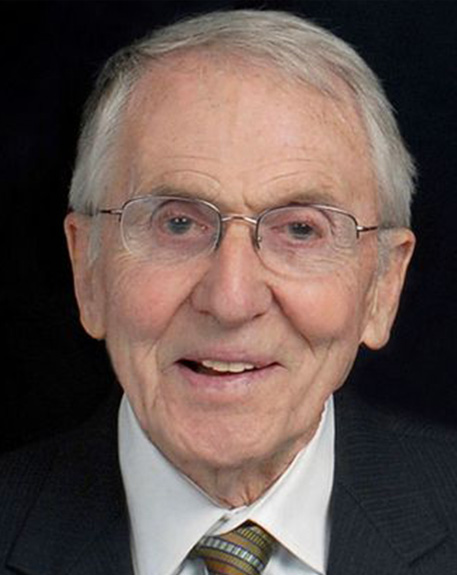2000 INDUCTEE David Sackett, MD Evidence-based Medicine & Clinical Trials, Health and Medical Education & Training
November 17, 1934
(Chicago, Illinois)
May 13, 2015
MD, University of Illinois (1960)
2009: Gairdner Wightman Award
2001: Officer of the Order of Canada
See All AwardsAwards & Honours:
2009: Gairdner Wightman Award
2001: Officer of the Order of Canada
1992: Fellow of the Royal Society of Canada
1991: Trillium Clinical Scientist Award
1987: J. Allyn Taylor International Prize in Medicine
1986: Distinguished Achievement Award, Canadian Hypertension Society
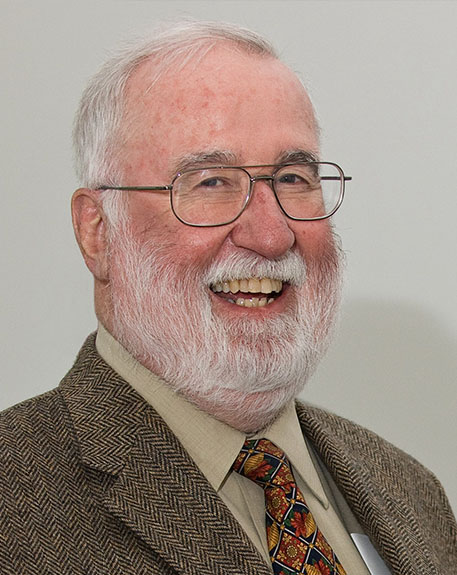
A founding father of clinical epidemiology
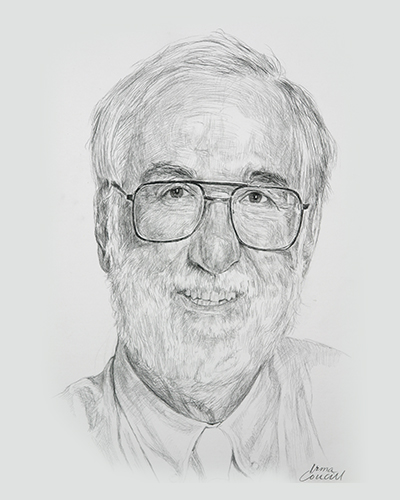
Clinical epidemiologist and pioneer of evidence-based medicine
As the founder of Canada’s first department of clinical epidemiology at McMaster University in Hamilton, Ontario in 1967, Dr. Sackett made significant contributions to how we measure the presence of diseases in populations, and in particular, how we assess the effectiveness of various forms of treatment. By employing precise models and innovative approaches, Dr. Sackett emphasized the importance of clinical trials and other forms of objective evidence in evaluating what the various possible forms of treatment accomplish, and how they can be made more effective for the patient’s benefit.
Key Facts
Championed the integration of epidemiology and statics within clinical disciplines in medical school
His textbook Clinical Epidemiology: A Basic Science for Clinical Medicine has gone through several editions and is a classic in the field
Became founding co-editor of the journal Evidence-Based Medicine
Appointed the first-chair of the Cochrane Collaboration—a group that has worked tirelessly to spread the principles of evidence based medicine around the world
Enhanced our understanding of patient and physician compliance and their influence on clinical outcomes
Highlighted the negative impact of disease labelling in hypertension
Professional timeline
Impact on lives today
Medicine today is practiced differently because of the impact of Dr. Sackett. Not afraid to challenge the status quo in the interest of better patient care, his implementation and advocacy of evidence based medicine has been imitated around the world. To take but one example, McMaster University’s Department of Health Research Methods, Evidence, and Impact remains a thriving centre of EBM research, supporting topics such as tailoring hemophiliac treatment to individual patient needs, improving communication and shared decision making in the implementation of evidence based medicine, as well as analysis of high-risk groups.
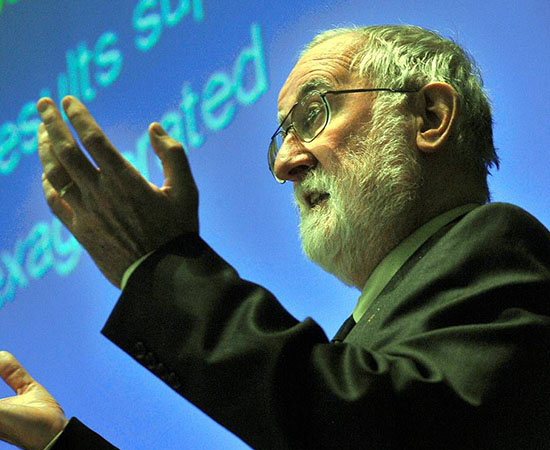
2000
-
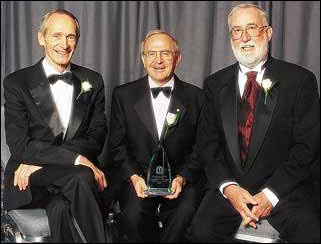
David Sackett inducted into the Canadian Medical Hall of Fame
London, Ontario
-
Invited to join Oxford University, Sackett took EBM across the Atlantic
Health and Medical Education & Training, Public Health, Health Promotion & AdvocacyHe became a clinician at the John Radcliffe Hospital and Director of the Center for Evidence-Based Medicine. While in England, he gave many talks about evidenced based medicine, which helped to spread its use across Europe.
-
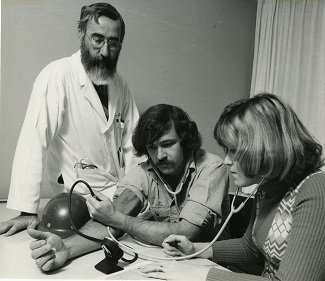
Sackett returned to Canada to establish the Trout Research and Education Centre
Health and Medical Education & Training, Evidence-based Medicine & Clinical TrialsThere, Sackett focused on researching, writing, and teaching about randomised clinical trials.
-
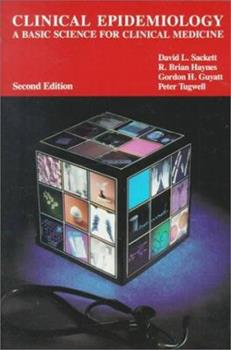
The first edition of Clinical Epidemiology: A Basic Science for Clinical Medicine was published
Evidence-based Medicine & Clinical TrialsBy its third printing, the textbook was considered “the bible of evidence based medicine.”
-
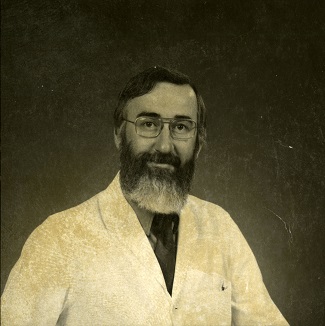
David Sackett was invited to join the newly created medical school at McMaster University
Health and Medical Education & TrainingIn 1969, he received his first students.
-
After medical school, Sackett was drafted into the US Public Health Service
While working at the Chronic Disease Research Institute in Buffalo, he developed an interest in making connections between epidemiology and clinical medicine.
1960
He is colourful, enthusiastic and hopelessly optimistic.

